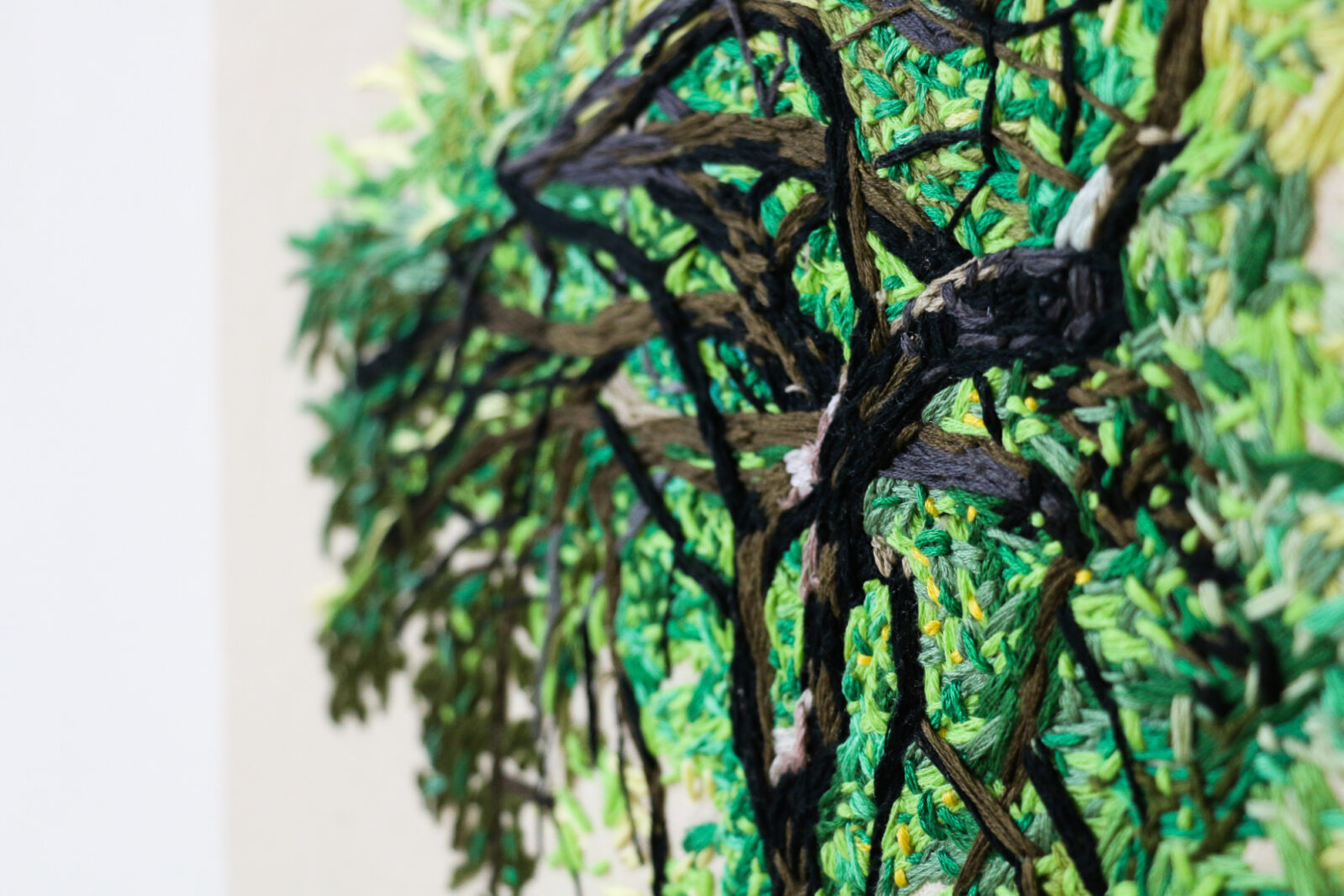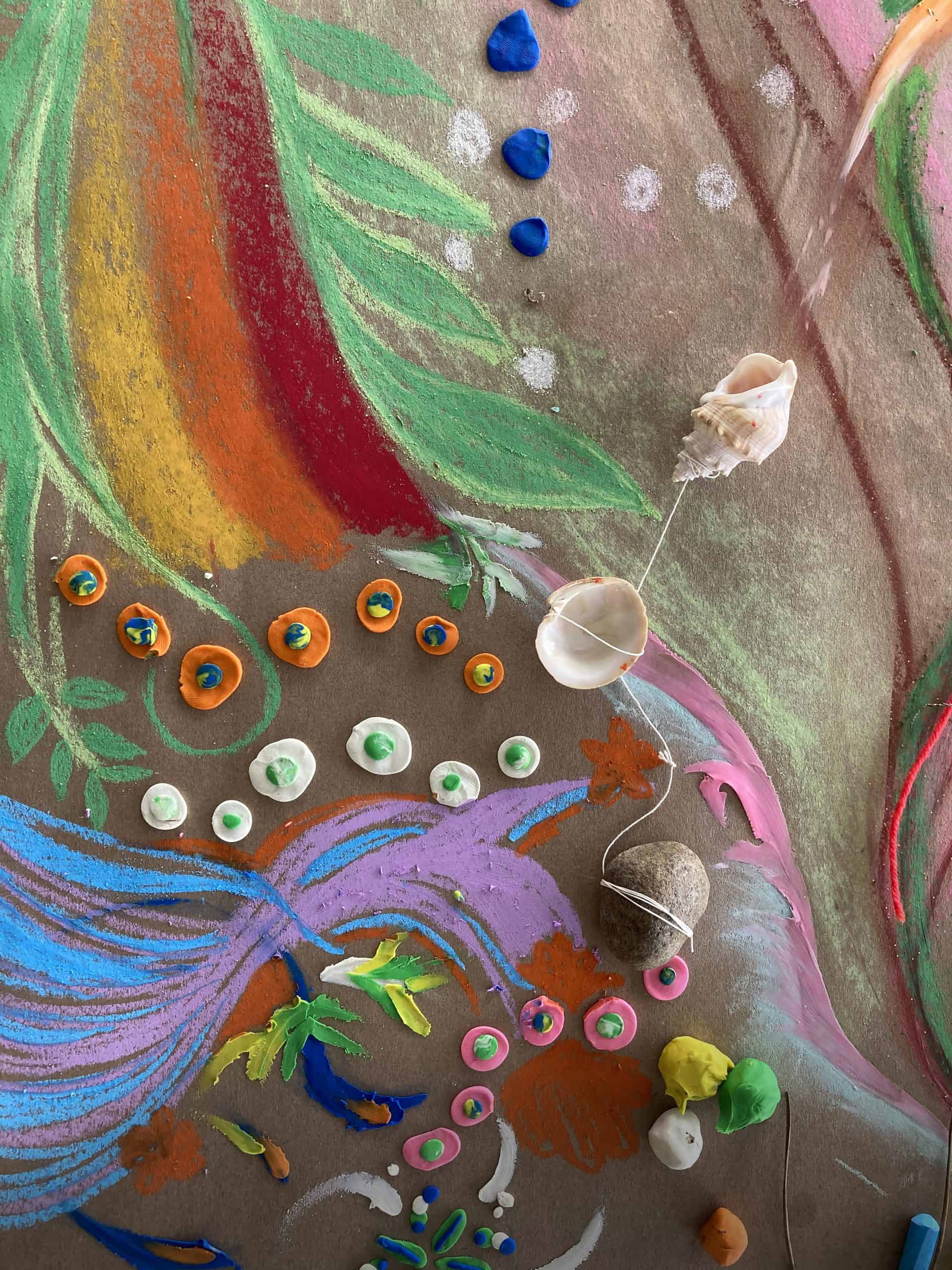
Both programmes offer low-residency courses to provide flexibility for students in the workplace and/or travelling to study. Four core Components: Creative Arts Practice -; Research Capacities -; Therapy Capacities - and a Situated Practice Component
Both programmes offer low-residency courses to provide flexibility for students in the workplace and/or travelling to study.
Taught over 1 year, our PG Diploma is a full-time course introducing the foundations of Creative Arts Therapy. Designed for those already with a background in art, therapy, or care, it offers an entry into mental health, community services, and rehabilitation, among others.
Our two year programme is for professionals and degree holders looking to work within Creative Arts Therapy. As well as being ANZACATA recognised, this masters programme features seminars, placements, and training – and is unique in Aotearoa New Zealand.
February 2026
16/02/2026
Application Close Date
19/10/2025
Manukau Campus
Christchurch Campus
Wellington Campus
Tentative Intake Dates - TBC
Where will this programme take you?
January 2026
27/01/2026
Application Close Date
19/10/2025
Auckland City Symonds Street Campus
Christchurch Campus
Tentative Intake Dates - TBC
Where will this programme take you?
Our Master in Creative Arts Therapy is internationally recognised and meets the standards needed for professional registration with ANZACATA – the body governing creative arts therapists in Australasia and Asia. Known for the combination of expert-led, clinically accredited training, robust real-world experience, and our emphasis on individual development – Whitecliffe is the top choice for those passionate about healing through creativity.

The stats speak for themselves

Employment
or further study within three years of graduation

ANZACATA
accreditation across Australasia and Asia

work placements
at masters means confidence, experience and impact
The programme’s strong clinical grounding, blended with personal growth and creative expertise, equips alumni to create meaningful, measurable change across Aotearoa and beyond.
We partner with Globally recognised brands
Creative Arts Therapy is a form of psychotherapy that uses creative processes like art-making, drama, and movement to improve mental, physical, and emotional wellbeing. It combines clinical therapeutic practice with the innate healing power of the arts, providing a way for individuals to express and process feelings that may be difficult to put into words.
We offer a one-year Postgraduate Diploma (PGDip) and a two-year Master of Creative Arts Therapy (MCAT) through a flexible, low-residency model. The PGDip provides a strong foundation, while the MCAT programme includes the clinical practicum hours required for professional registration as a creative arts therapist.
The key requirement is a relevant undergraduate degree, and some experience in a related field is strongly recommended. Applicants typically have a background in areas like counselling, social work, psychology, fine arts, or education. You will also need to provide a personal statement, a CV, and references to support your application.
The Master’s degree is the full professional qualification that leads to registration as a therapist, while the Postgraduate Diploma is a foundational first year. The PGDip is ideal for those wanting to integrate therapeutic arts into an existing career, whereas the MCAT is the complete pathway for those who wish to practice clinically and includes a supervised clinical placement.
Our low-residency model allows you to study from anywhere in New Zealand, combining online learning with intensive, on-campus block courses. This means you only need to travel to campus for short, immersive workshops a few times per semester, making the programme accessible for students who are working or do not live near Auckland.
Yes, a supervised clinical placement is a mandatory and essential component of the Master of Creative Arts Therapy programme. You will gain over 750 hours of real-world experience in settings like schools, hospitals, or community organisations. We work collaboratively with you to secure a placement that aligns with your career goals.
Yes, upon completion of all required placement hours and graduation with the Master of Creative Arts Therapy, you may apply for professional registration with the Australian and New Zealand Creative Arts Therapists Association (ANZACATA), the peak professional body in Australia, New Zealand, and Asia.
No, you do not need to be a professional artist, but you must have a committed and ongoing personal creative practice. The focus is on your ability to engage with the creative process for self-expression and discovery, not on technical perfection. Many students have a background in one area(e.g., therapy) and a strong desire to develop their skills in the other.
Tuition fees vary by programme, and you can find the most up-to-date information on the Whitecliffe website. As these are postgraduate programmes, our Student Finance team can provide advice on payment plans and potential scholarship opportunities to help you fund your studies.
Yes, international students are welcome to apply, provided they meet the English language and visa requirements. A unique requirement for all students (both domestic and international) is the completion of a Treaty of Waitangi workshop. This is essential to our curriculum, which honours Aotearoa’s bicultural framework as a core part of ethical therapeutic practice.